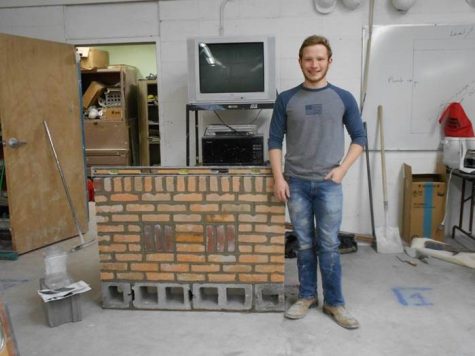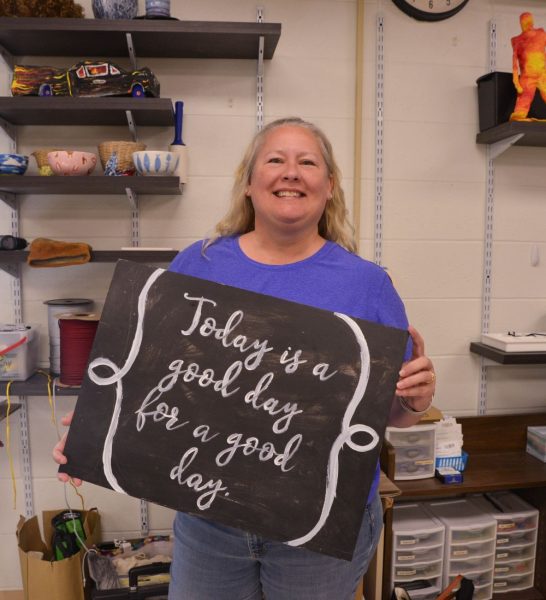Chromebooks prepare students for ‘world of advancements’
It’s no secret that technology, specifically Chromebooks, are being pushed into our day to day educational lives more regularly. But how are Chromebooks helpful to students learning and still cost efficient?
“Saving the amount of resources that we’re using for paper copies. You know, I think it makes everything more organized for kids – in one place. Not just the Chromebooks, but Google together, I think, together the package is beneficial to kids just because of the ease of use and convenience,” Instructional Technology Facilitator Brenda Spurgeon said.
Spurgeon goes on to tell more efficient things about the switch to Chromebooks.
“I mean they come on in eight seconds. We probably, out of our five hundred Chromebooks last year, maybe had five work orders because there’s not a lot of stuff on the inside of them to break si that makes them better for schools, to not have so many technicians in place because the reliability is so strong on them. So that’s a huge reason why we’re going to Chromebooks,” Spurgeon said.
Students seem to think similar things about the ease of use.
“So I think for some classes I have, like English, they’re [Chromebooks] a lot more helpful, we’re able to save whatever we’re typing so we don’t have to remember to and if it ever crashes it’s saved,” sophomore Michelle Woodley said.
Although students may enjoy the convenience of Chromebooks, not all teachers have warmed up to using them to teach, but the number of teachers that do not want technology seem to be dropping.
“A lot of times, I have my kids just google things quick research, instead of me lecturing to them about a story, so that they can find out things on their own and then I tell them the story. And a lot of times kids use their phones or bring their own device, but some kids don’t have their phone or device. Some kids’ phones or own devices have some technological issue that makes it work slowly or something so it’s kind of nice to have something, a school device they can use,” History teacher Jamie Rinehart said.
Students see the Chromebooks as ready to use, but behind the scenes, Spurgeon and the teachers do a lot of research and training in order to make the best use of them.
“It’s a full time job. I do it all the time. I research at night, I research on the weekend, I attend professional conferences, I stay networked with other people in on the industry that are doing it. I think sometimes people wonder, like I don’t magically [make the devices appear], I work hard at it,” Spurgeon said, “Where even just a few years ago, there were gaps in teachers, but it’s becoming more like, teachers are becoming more comfortable with how they do things.”
Some speculation about adding more technology includes the worry that some students do not have internet access at home and therefore cannot do their homework.
“Okay, the thing, you know about technology, we’re not going to stop moving forward. You know, because we’re really preparing our students for a world of advancements, of global needs, and so pencil and paper are not necessarily going to prepare. We provide them the resources. And the thing about Google that some people don’t know is that you can work with your docs offline. If you know how to download to your own machine in google drive then you can work on it offline and then when you come to school it can work online,” Spurgeon said.
Although some say that technology in the classroom isn’t beneficial, others have well made points about why they are.
“[Chromebooks], on an education level, are very economical and user friendly for schools to have. They are a push across the nation,” Spurgeon said.

Those playing tennis at the courts in town have probably noticed the pavilion being built over the past year. However, most students have not realized...







